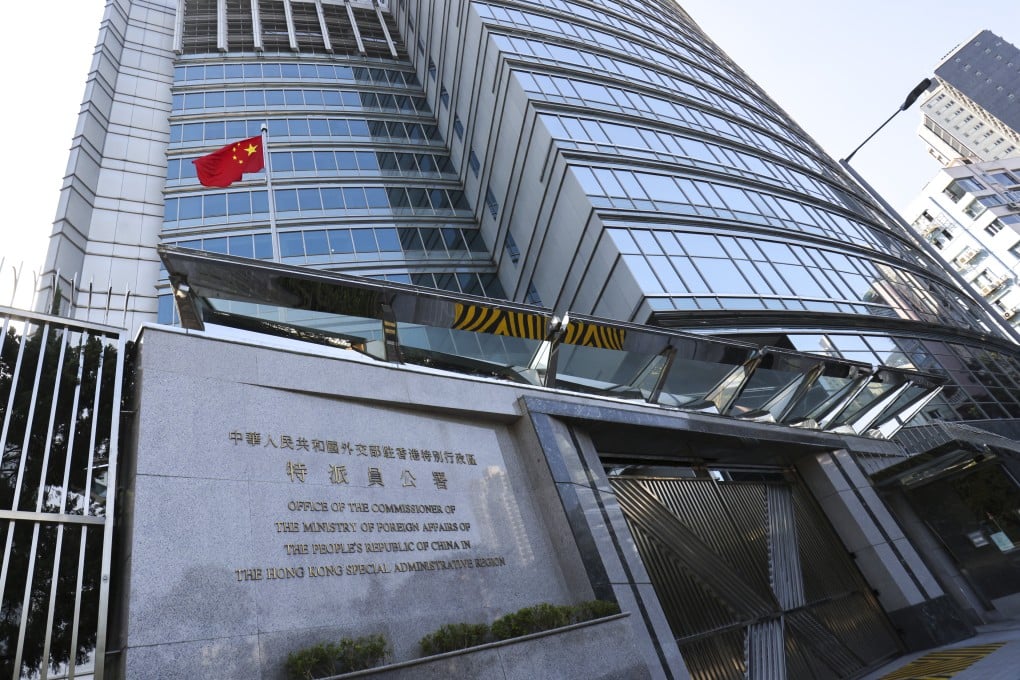Consulates in Hong Kong faced with ‘unusual’ request from Beijing for information on their city properties
- Chinese foreign ministry seeks details on properties used by consulates and international organisations
- One senior diplomat insists overseas representatives in Hong Kong ‘not obliged’ to share information

Several diplomats based in Hong Kong have said they are still considering how to comply with what one called an “unusual” request by China’s foreign ministry to provide details about properties their consulates own in the city.
The Commissioner’s Office of China’s Foreign Ministry sent out a reminder, seen by the Post, saying “the Chinese side is carrying out registration of properties of consular missions and representative offices of international organisations in [Hong Kong]”.
The letter, issued on August 31 and a follow-up to an earlier one sent out in June, asked consulates to provide information details about properties “used as chancelleries, and residences of heads of missions and mission staff, and land for construction”.
The ministry’s office also sought details such as the opening date of the mission, means and date of acquisition or lease details, and whether the properties had been “used for other purposes or not”.
The deadline for submitting the information was September 22, according to the August reminder, which did not mention any consequences for failure to comply.
A spokesman for the foreign commissioner’s office could not be immediately reached for comment. Under the Basic Law, the city’s mini-constitution, Hong Kong’s foreign affairs are managed by the central government.